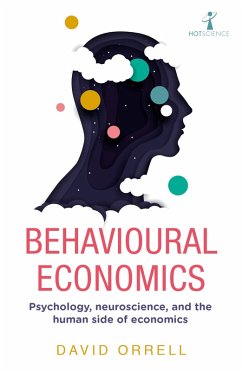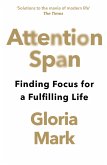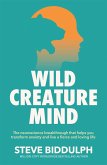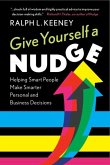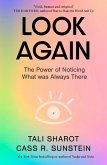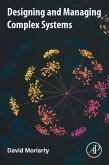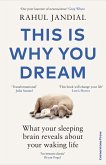For centuries, economics was dominated by the idea that we are rational individuals who optimise our own 'utility'. Then, in the 1970s, psychologists demonstrated that the reality is a lot messier. We don't really know what our utility is, and we care about people other than ourselves. We are susceptible to external nudges. And far from being perfectly rational we are prone to 'cognitive biases' with complex effects on decision-making, such as forgetting to prepare for retirement.
David Orrell explores the findings from psychology and neuroscience that are shaking up economics - and that are being exploited by policy-makers and marketers alike, to shape everything from how we shop for food, to how we tackle societal happiness or climate change. Finally, he asks: is behavioural economics a scientific revolution, or just a scientific form of marketing?
Dieser Download kann aus rechtlichen Gründen nur mit Rechnungsadresse in A, B, BG, CY, CZ, D, DK, EW, E, FIN, F, GR, H, IRL, I, LT, L, LR, M, NL, PL, P, R, S, SLO, SK ausgeliefert werden.
Hinweis: Dieser Artikel kann nur an eine deutsche Lieferadresse ausgeliefert werden.

